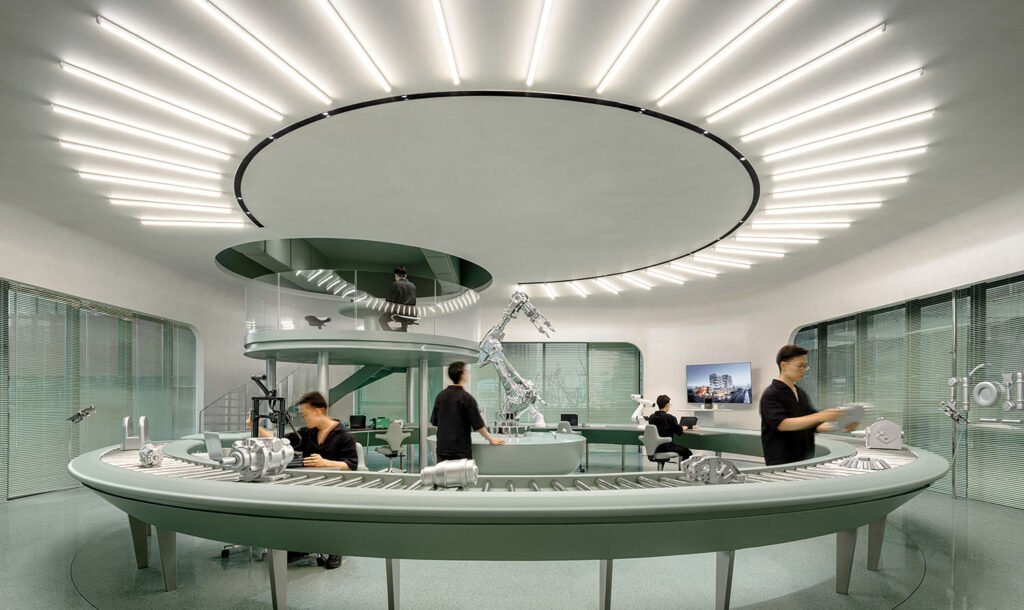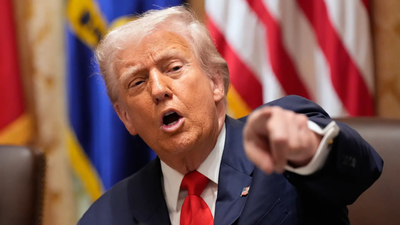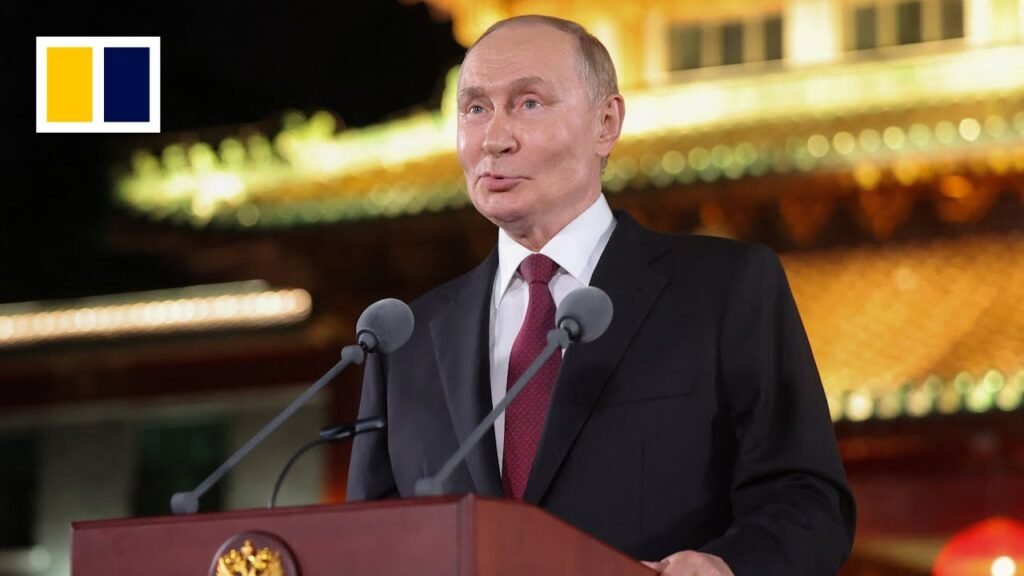Washington, D.C. Newsroom, Oct 16, 2025 /
16:11 pm
The U.S. Commission on International Religious Freedom (USCIRF) at an Oct. 16 hearing heard recommendations from lawmakers and advocates for addressing “severe violations of religious freedom” by the Chinese Communist Party (CCP).
“For decades the U.S. government has been a leader for combating China’s religious freedom violations,” said Asif Mahmood, vice chair of the commission. He said it “has sanctioned Chinese government officials” and “supported independent media and nongovernment organizations denouncing violations.”
USCIRF “urges the U.S. government to continue prioritizing religious freedom by designating China as a country of particular concern, raising religious freedom issues with Chinese officials, and supporting independent civil society,” Mahmood continued. He said the U.S. “cannot afford to sit on the sidelines on this issue” because “the lives and well-being of millions are at stake.”
Sen. Jim Risch, R-Idaho, chair of the U.S. Senate Committee on Foreign Relations, said under the leadership of Chinese President Xi Jinping, the CCP imposed mandates that “reflect socialist core values and push to harmonize religion with party-approved Chinese culture.”
“For a religious organization to even exist in China, that organization must apply for and obtain a permit from the government,” Risch said. But the government has “forcibly eradicated religious elements that are not in line with the CCP’s agenda.”
This includes “destroying access [to] churches and replacing images of Jesus Christ with Xi Jinping,” Risch said. “China jails thousands of practicing Muslims, Buddhists, and Christians each year for their religious beliefs, with many subjected to forced indoctrination and torture.”
Risch said the aftermath of the country’s “phony” national security law meant “Hong Kong authorities targeted pro-democracy religious groups and activists like Jimmy Lai — a devout Catholic who has tragically been denied holy Communion in prison.”
Sen. Ted Budd, R-North Carolina, said American leadership must continue to be “critical in denouncing persecution of Christians and other religious groups around the world.” It is crucial because the CCP “has no interest in protecting freedom of religion … it continues to restrict religious practice, destroy churches, and imprison religious minorities,” Budd said.
“Every day, they torture and target Uyghurs, Thibetans, Catholics, Protestants, and Falun Gong practitioners. The spirit of religious persecution is evidence of the CCP’s disregard for human life and natural law,” Budd said.
“Until China changes course, it should be the policy of the United States to hold them accountable for their severe violations of religious freedom,” Budd said. The U.S. should continue to designate China as a country of particular concern, he said.
Other speakers, including Rep. Jim McGovern, D-Massachusetts, said the U.S. must protect religious liberty within its own nation as it works to help other countries. He asked: “How can Americans expect to be taken seriously on the world stage if our leaders are failing to defend religious freedom here at home?”
Rep. John Moolenaar, R-Michigan, chair of the House Select Committee on the Chinese Communist Party, said: “The CCP doesn’t just threaten American interests. It threatens the very idea that human beings are born free, the truth exists beyond the reach of the state, and that no government can claim ownership of the soul.”
“Under Xi Jinping, the CCP has declared war on faith itself. Across China today, the party is carrying out the most systematic campaign of religious persecution since the Cultural Revolution,” Moolenaar said. “They call it sinicization of religion, but what it really means is subjugation.”
Panelists and suggestions
Annie Boyajian, speaking on behalf of Freedom House, an organization dedicated to fighting for democracy and human rights, told the commission that “first and foremost,” Freedom House agrees that China should be redesignated as a country of particular concern when it comes to religious freedom threats.
“Individuals can face up to 14 years in prison for knowing that someone has committed so-called treason … meaning that priests could be forced to choose between going to jail or divulging information shared with them by parishioners during confession,” Boyajian said.
(Story continues below)
Subscribe to our daily newsletter
Freedom House maintains “a global database that documents direct physical incidents of transnational repression, and 22% of the cases … documented since 2014 were committed by the Chinese government,” Boyajian said.
These instances include “unlawful deportations, assaults, and harassment in 30 countries as well as surveillance, intimidation, coercion of family members, mobility controls, detention, and interval abuse,” Boyajian said. “Religious and ethnic minorities are prime targets for transnational repression.”
“The U.S. government should work to expose transnational oppression by coordinating with allies to monitor, document, and counter China’s unlawful deportations, harassment of diaspora communities, and abuse of Interpol red notices, and take special care to not facilitate the perpetration of transnational repression,” Boyajian said.
Boyajian offered a number of other recommendations to the committee, including that the U.S. “work to enforce accountability” by “imposing targeted sanctions on officials and entities responsible for a severe religious persecution.” She also suggested that policymakers “strengthen asylum protections and humanitarian pathways” for those facing religious persecution.
Corey Jackson, a Presbyterian pastor from Kerry, North Carolina, who previously lived in China, recounted his experience: “The CCP attempts to control every aspect of life, including the freedom of religion of Christians.”
He explained that for Christians, “building or renting spaces for churches is prohibited, and Bibles cannot be sold in bookstores or made publicly available.” Leaders within unregistered churches “are particularly vulnerable,” he said, and are often placed under house arrest or imprisoned on broad national security charges such as subversion of power.
Jackson asked the commission and the U.S. government to “exert pressure on the CCP” to release political prisoners arrested for their faith including Pastor Ezra Jin Mingri and the other 21 prisoners arrested last week at an underground church. He also recommended that Congress impose religious freedom tariffs on China alongside other economic tariffs.
Boyajian said that “despite China’s religious persecution, millions of believers continue to practice their faith, often at immense personal risk.”
She added: “Their resilience reminds us that religious freedom is not a secondary concern. It is central to human dignity, to civil society, and to the defense of democracy worldwide.”









